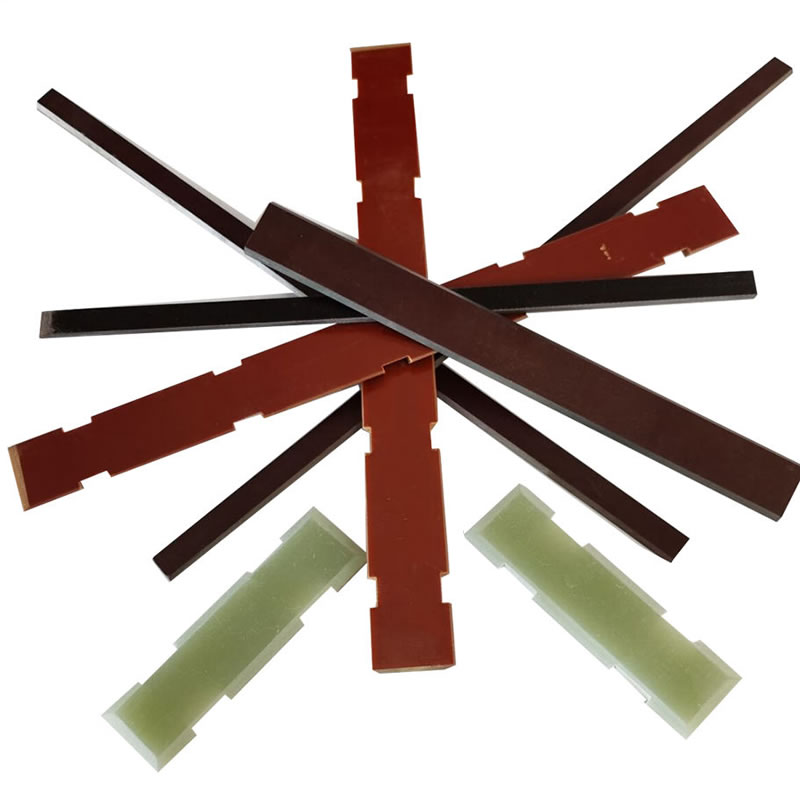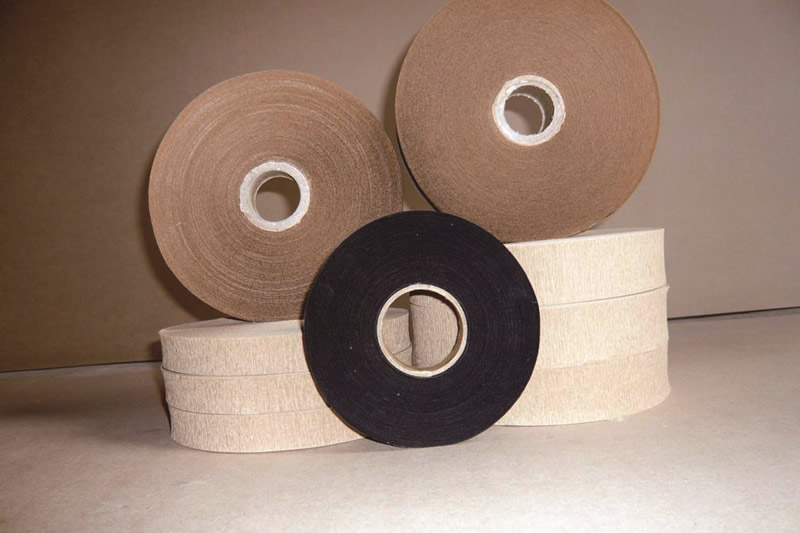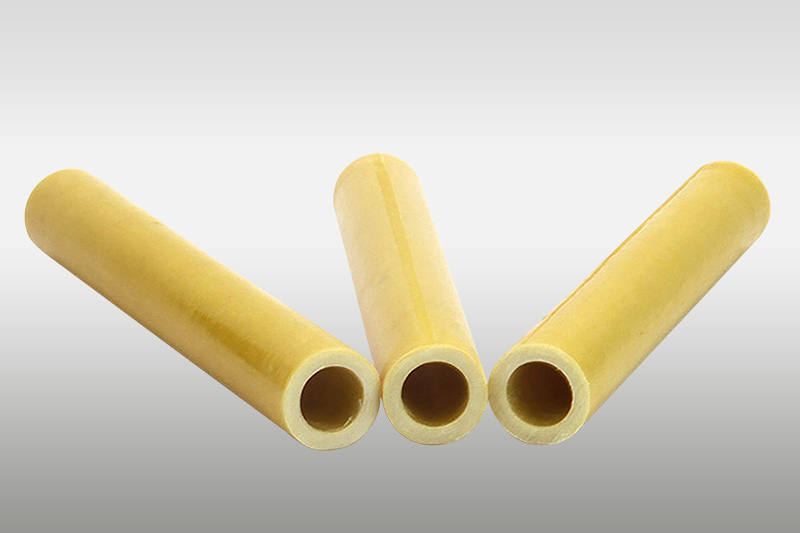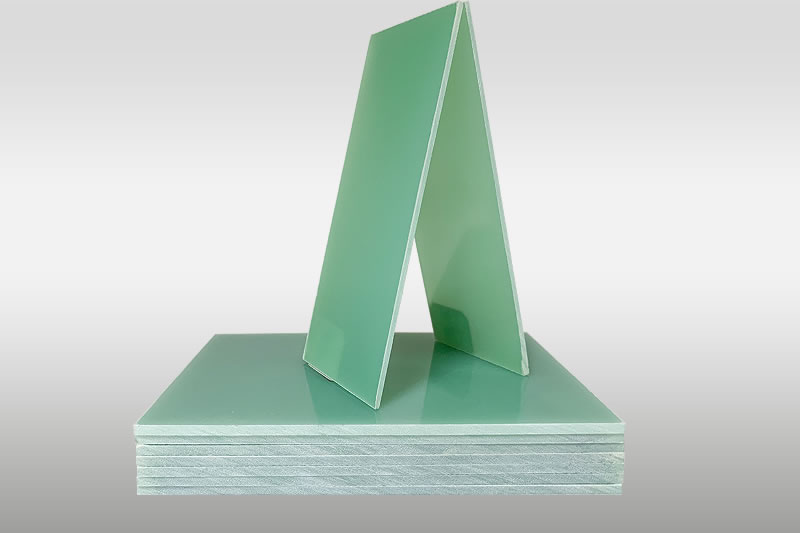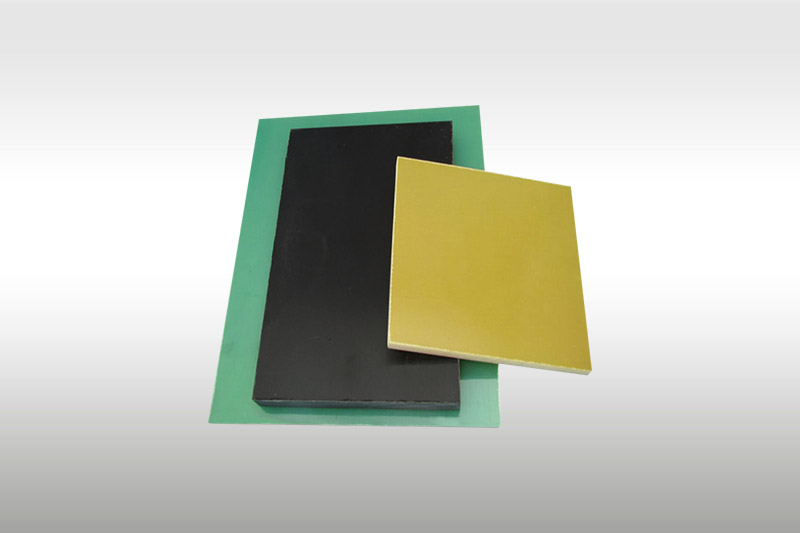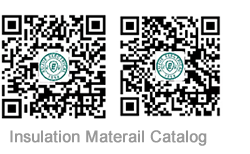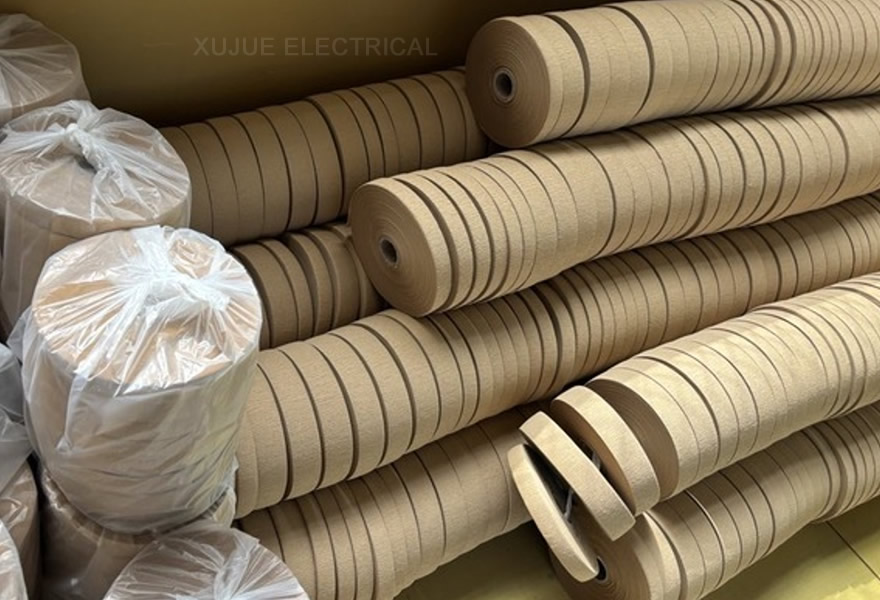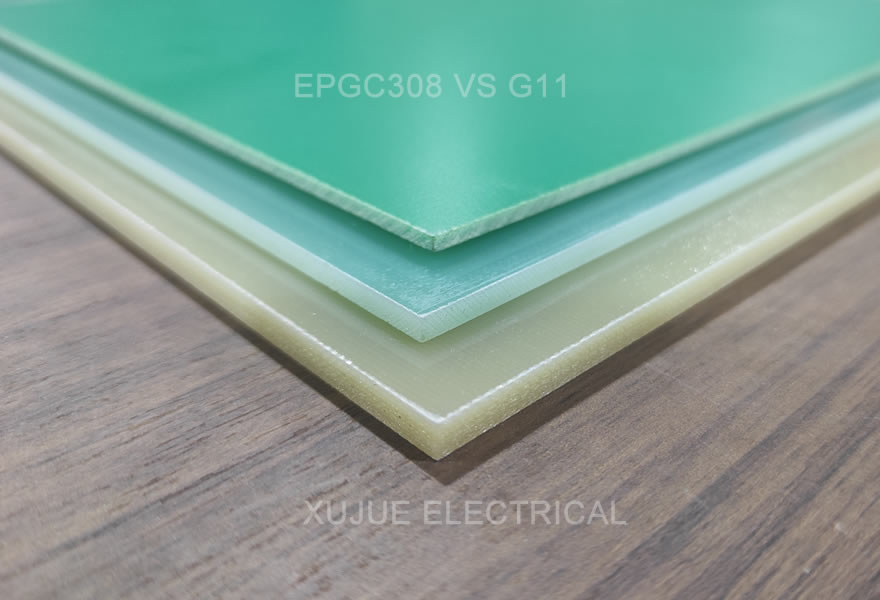Motor slot wedge insulation materials classification and application
Time: 07-09 2025 Auther: Xujue Electrical
I. Classification of Motor Slot Wedge Insulation Materials Slot wedge insulation materials are generally classified ...
I. Classification of Motor Slot Wedge Insulation Materials
Slot wedge insulation materials are generally classified based on material composition, thermal class, and processing method:
1. Epoxy Glass Fiber Laminates
| Material | Thermal Class | Characteristics | Applications |
| G10 | Class F (155℃) | High insulation, excellent mechanical strength, moisture-resistant | General industrial motors, medium-voltage motors |
| G11 | Class H (180℃) | High temperature resistance, excellent creep resistance | High-voltage motors, VFD motors, wind turbines |
| FR4 | Class F | Flame-retardant, stable electrical properties | Fire-protected equipment, rail traction motors |
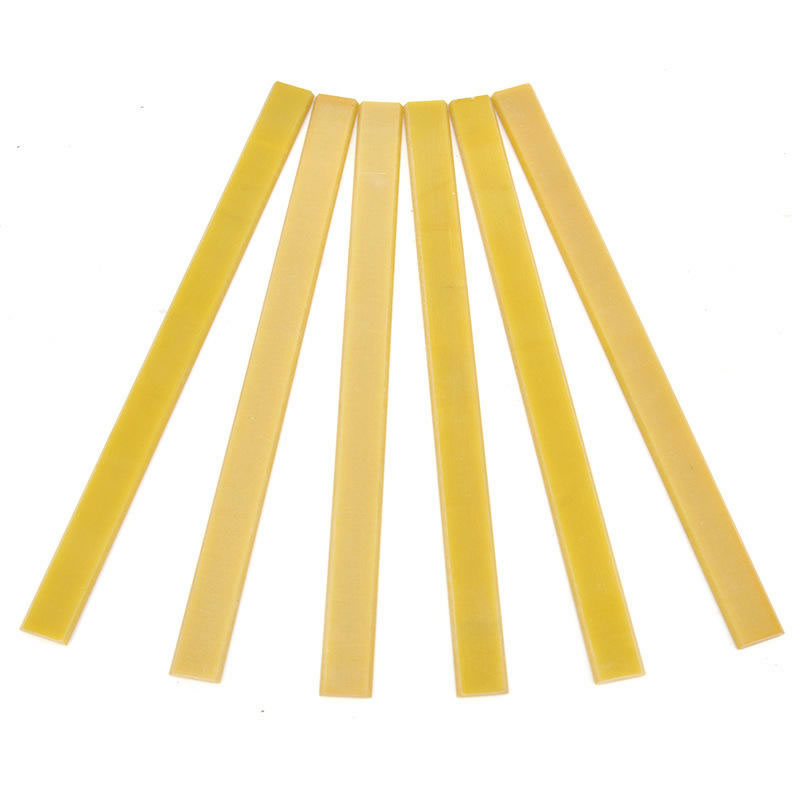 2. Phenolic Laminates
2. Phenolic Laminates
| Material | Thermal Class | Characteristics | Applications |
| Phenolic Paper Board (PFCP) | Class A (105℃) | Low cost, easy to process | Small motors, household fan motors |
| Phenolic Cotton Cloth Board | Class B–F (130–155℃) | High mechanical strength, wear-resistant | High-speed motors, motors with mechanical vibration |
3. Flexible Composite Insulation Materials
| Material | Thermal Class | Characteristics | Applications |
| DMD | Class B–F | Flexible, good dielectric strength, tear-resistant | Used as auxiliary insulation with rigid wedges to protect coils |
| NMN | Class H | High temperature resistance, excellent electrical performance | High-frequency, high-temperature motors (e.g., inverter or servo motors) |
4. Molded/Injection Materials (Thermoset or Thermoplastic)
| Material | Thermal Class | Characteristics | Applications |
| Thermoset Molding Materials | Class F–H | Injection-molded, consistent dimensions | Automated production lines, mass-produced standard motors |
| High-Performance Plastics (PPS, PI, PEEK) | Class H–C | Ultra-high temperature resistance, chemically stable | Specialty motors, military/aerospace, high-speed motors |
II. Typical Applications & Recommended Materials
| Application Scenario | Operating Conditions | Recommended Materials |
| Standard three-phase motors | Normal temperature, low voltage | G10, FR4, 3025 |
| High-voltage or inverter-driven motors | High frequency, high electric field, high heat | G11, NMN, PI |
| Small household appliance motors | Cost-sensitive, large volume | PFCP, molded materials |
| Wind turbines, rail traction motors | Vibration, aging resistance, flame-retardant | Waved G11, FR4, DMD/NMN |
| Aerospace, military motors | High speed, high reliability, high thermal class | PI, PEEK, high-density G11 |
III. Material Selection Tips
| Selection Factor | Recommendation |
| Thermal Class | Ensure the material rating meets or exceeds the motor insulation class |
| Mechanical Strength | Prefer G11 or 3025 for high-speed or high-load motors |
| Electrical Performance | Choose NMN or PI for high-frequency/inverter-driven systems |
| Cost Efficiency | Use PFCP or molded plastics for high-volume production |
| Custom Shapes | For special slot wedge profiles, select moldable or composite structures |
Leave us a message to get quotation and sample!
If you are interested in our products,, please send us a message and we will contact you as soon as we receive it. Email: info@ztaero.com whatsApp: +8616650273778
TAGS:
Releated News
- 02-28 2026Pultruded Epoxy Rod Applications in Power Equipment
- 02-27 2026How to Select the Thickness of Transformer Crepe Paper
- 02-26 2026ESD FR4 sheet vs Standard FR4 Epoxy Sheet
- 02-25 2026Phenolic cotton cloth rod applied to transformers
- 02-24 20262026 Global Transformer Boom Fuels Rising Demand for Electrical Insulation materials
- 02-24 2026XUJUE ELECTRICAL Officially Resumes Operations
